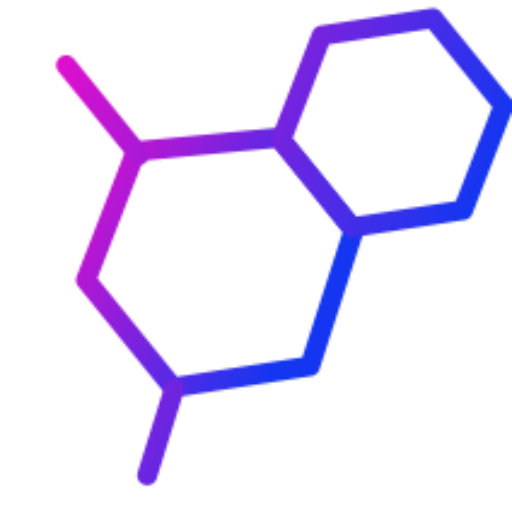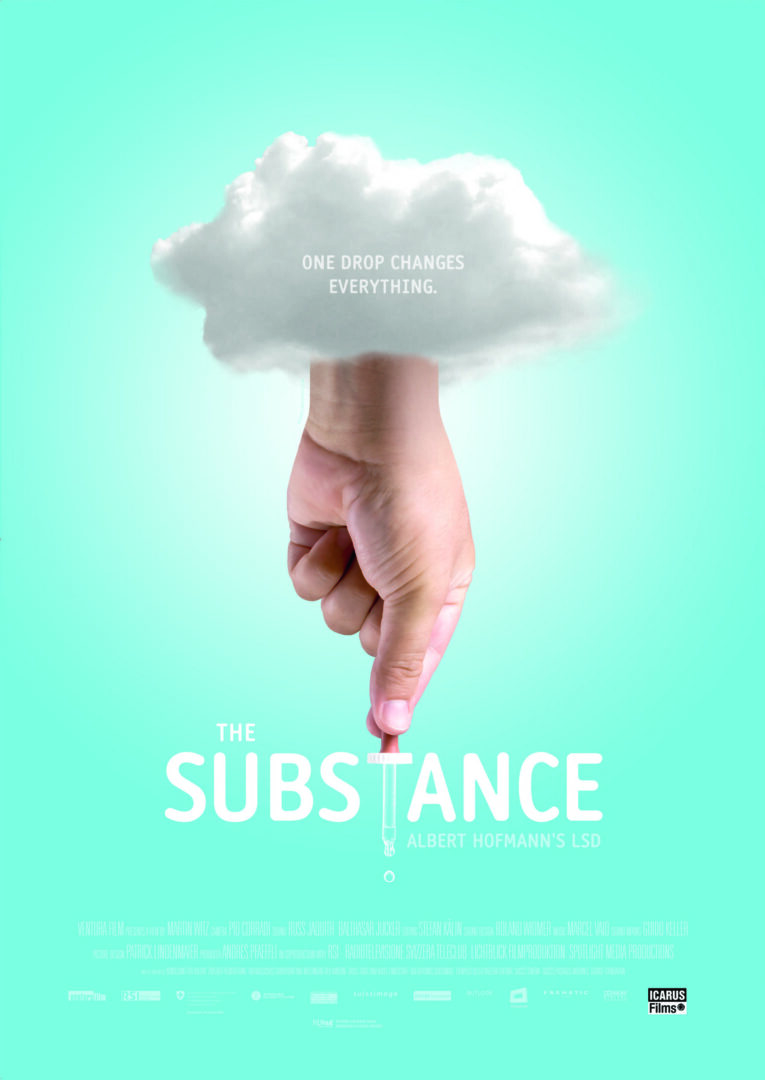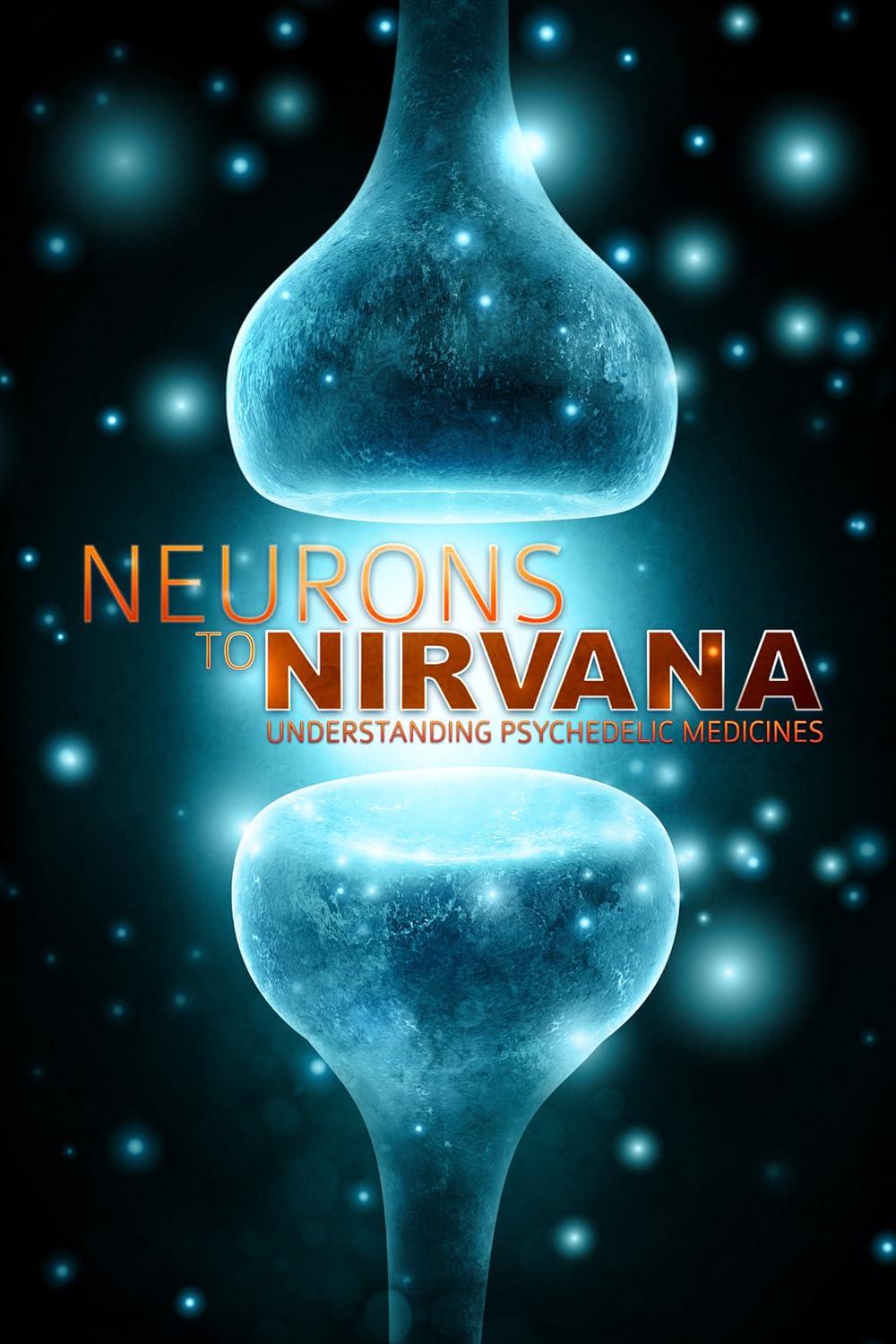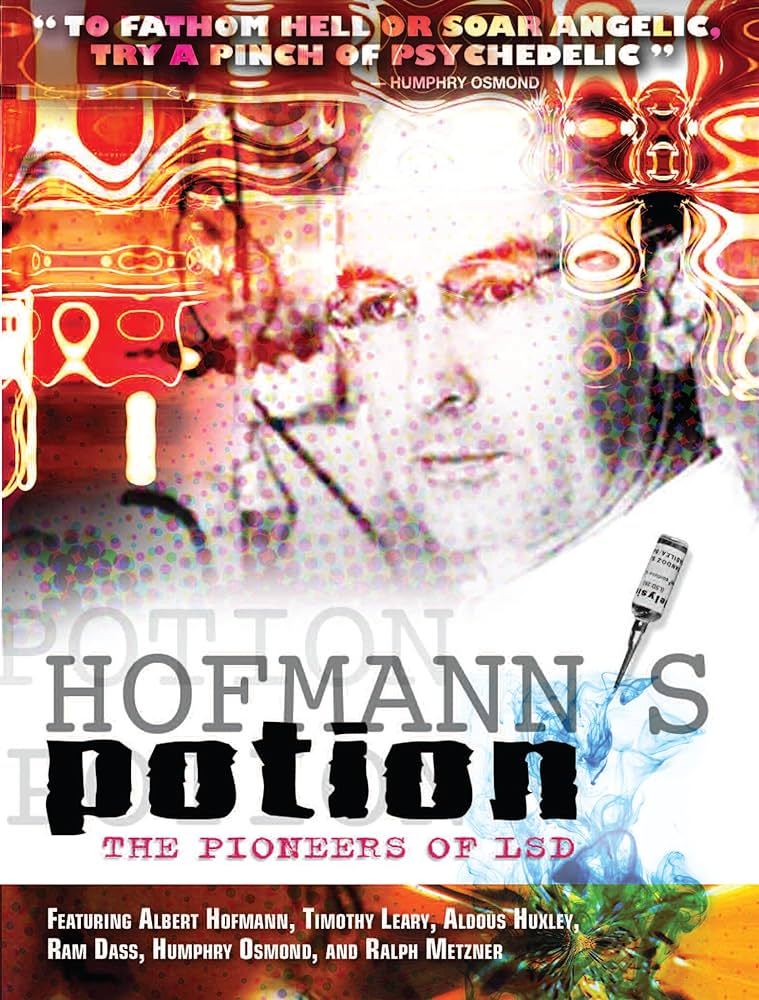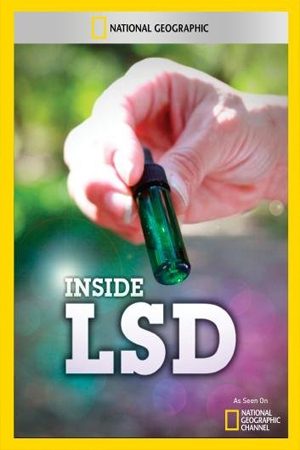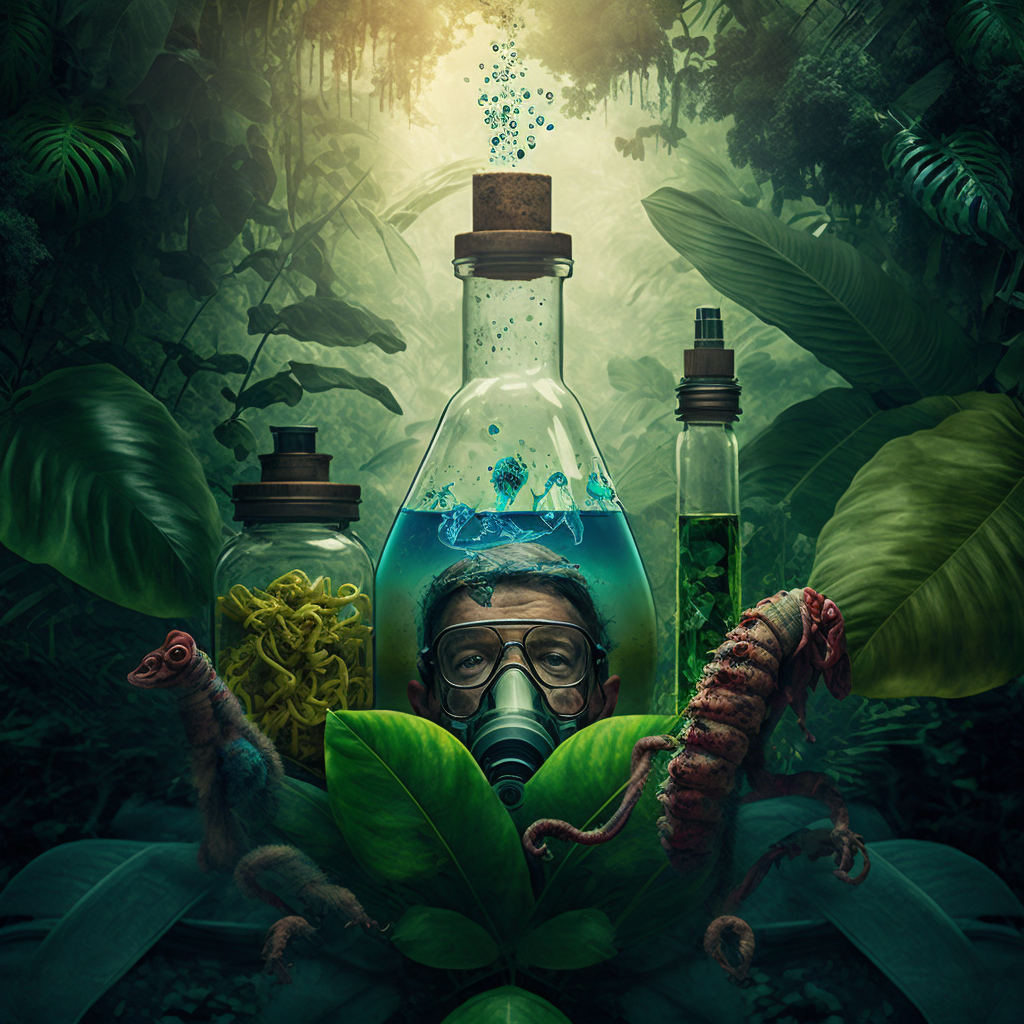
History
MDMA, also known as 3,4-methylenedioxymethamphetamine, is a drug that has a long history of research and study. Currently, it is used for psychiatric purposes. It can be used in psychotherapy for anxiety and depression, and it has even been reported to be effective for treating PTSD.
The history of MDMA is an interesting one. There were various attempts to study it in the ’50s and ’60s. However, MDMA remained largely unstudied until the middle 1970s.
In the late 1970s, Rick Ingrasci became interested in psychedelic psychotherapy. He worked with ketamine to treat anxiety and he was convinced that MDMA had therapeutic potential.
In the early 1980s, a group of mental health practitioners argued against the DEA’s scheduling of MDMA. A court ordered the agency to reconsider its decision.
Chemical makeup
MDMA is a drug that has been used for many years in psychotherapy. In a clinical trial, MDMA was found to be effective in the treatment of PTSD. PTSD is a disorder characterized by a high level of anxiety and a fear of emotional injury.
MDMA is a chemical compound that is a weak 5-HT2B agonist. It acts on neurotransmitters that play a role in the regulation of eating behavior and responses to anxiogenic stimuli. The substance is also a reuptake inhibitor of membrane-bound transporters.
Although it has been used in therapy for a number of psychiatric disorders, including depression and bipolar disorder, its therapeutic effects are still uncertain. While it is considered safe, its use can be risky. Depending on how much is used, ecstasy can lead to serious health problems such as liver failure.
Ecstasy
Ecstasy and MDMA are a class of drugs used by young people to experience a euphoric high. Although they may seem harmless at first, they have a number of health effects. They can lead to addiction, if they are used improperly.
The use of ecstasy and MDMA is dangerous. It can cause physical, mental, and emotional problems, including permanent damage to the body.
When a person uses ecstasy or MDMA, the brain releases a large amount of serotonin. This neurotransmitter is a neuromodulator that helps regulate sleep, digestion, pain management, and other bodily functions.
Serotonin is depleted after ecstasy use, which can lead to fatigue, lack of focus, and irregular sleeping patterns. A lack of serotonin can also contribute to depression and other emotional problems.
Medications for mental health conditions
Mental health medications can help manage a range of mental health conditions. Depression, bipolar disorder, and anxiety are all treatable with the right medication. These medications may be prescribed by a doctor or other healthcare professional.
When taking these medications, side effects are common. For instance, anti-psychotics can cause low blood pressure and dizziness. It is important to talk to your doctor about any side effects and how to avoid them. Some of these medications have to be tapered off slowly under doctor supervision.
Antidepressants are a class of drugs that prevent the re-uptake of neurotransmitters in the brain. They are often prescribed to treat depression. However, they have been used to treat other mental health conditions, including anxiety and ADHD.
Some of these medications are available off-label. Off-label is when a drug is prescribed for a purpose other than its initial approved use. This is a common practice for mental health conditions.
Common uses
MDMA is a psychoactive substance that acts as a central nervous system stimulant. It stimulates neurotransmitters, such as dopamine and serotonin. However, it also causes withdrawal symptoms. In addition, prolonged use of the drug can lead to tolerance and physical dependence.
The substance has been used as a party drug since the 1980s. It has been linked to increasing rates of death. There are many risks associated with using ecstasy, including liver damage and kidney failure. People may combine it with marijuana, alcohol, and other drugs.
The substance has been studied for its potential to treat depression, anxiety, and PTSD. However, clinical trials have yet to prove that the drug can work.
Its effects vary from person to person and depends on the dose. Some users experience nausea, confusion, muscle tension, and sleeplessness. Others seek to connect with other people and gain emotional insight.
